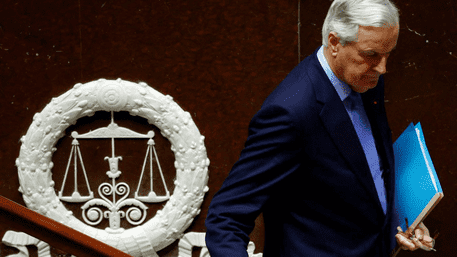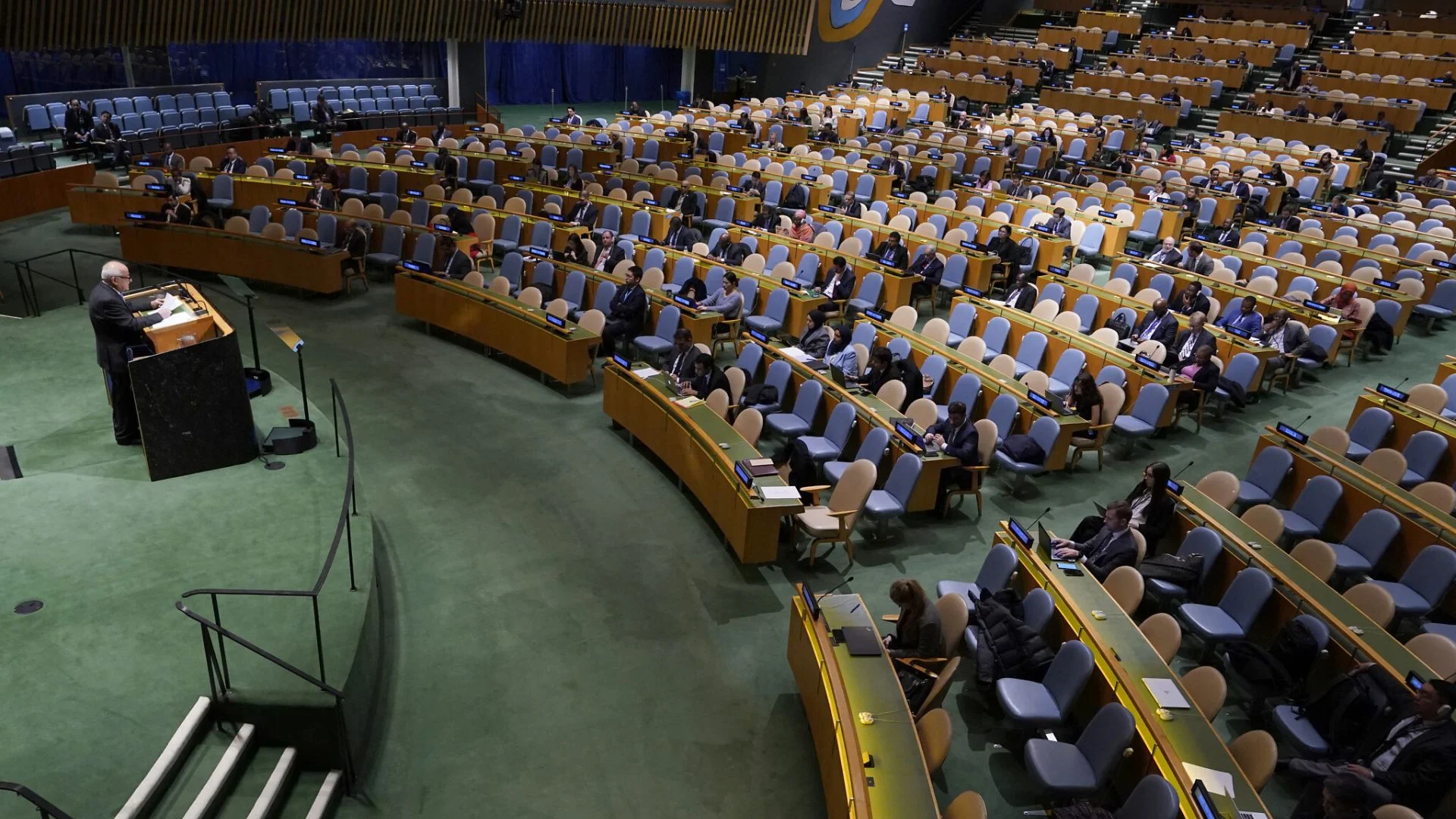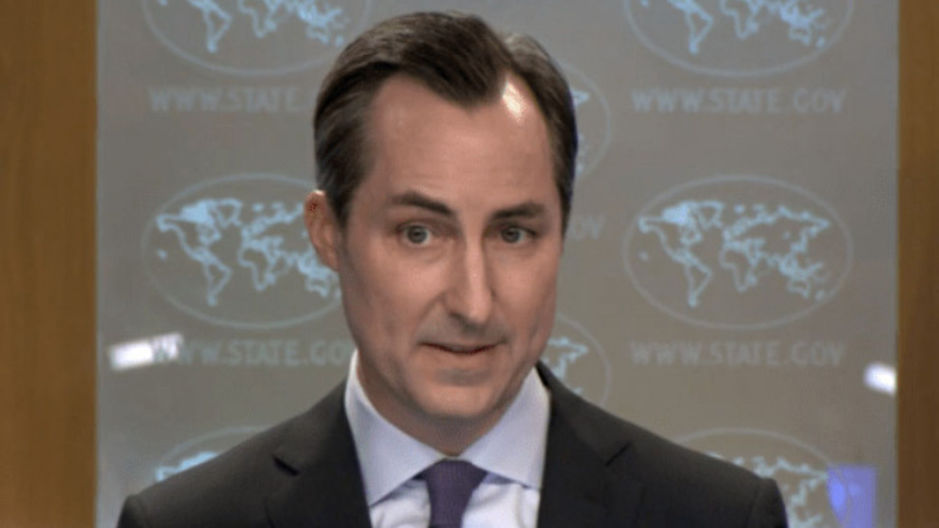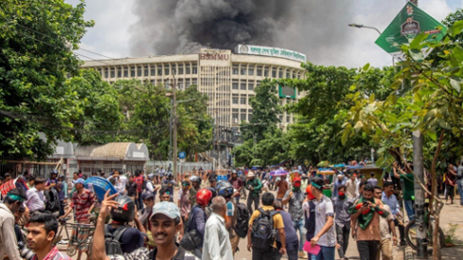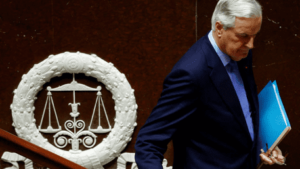In a dramatic turn of events yesterday, the French parliament passed a vote of no-confidence in Prime Minister Michel Barnier, forcing him into resignation, and the balance of the cabinet went out in his wake. It‘s the first time since 1962 that such a motion of no-confidence has forced the ruling government out of power. The country plummeted deeper into political miasma as it struggled through the present-day budget crisis.
He has also become the shortest-serving prime minister of France’s Fifth Republic, established in 1958, since being appointed three months ago in September by a conservative. His short stint came to an end following snap parliamentary elections held early this summer that produced a hung Parliament, giving the far-right considerable influence over the government’s stability.
Pressure was mounting against Barnier’s minority government, and critics accused him of overplaying the austerity card.
Thursday evening, President Emmanuel Macron was to address the nation, with Barnier tendering his formal resignation, along with his Cabinet.
The No-Confidence Vote: Rare Show of Unity
The no-confidence motion easily passed with 331 votes against Barnier’s government, surpassing the required 288 votes. Even more strikingly, far-right National Rally and the left-wing New Popular Front united against Barnier’s government. It was in the opposition that these two camps criticised Barnier’s move to use special constitutional powers to bypass parliament and force austerity measures on the French without sufficient support from lawmakers.
The opposition had much to say about Barnier’s contentious budget plan, which targeted €60 billion ($63.07 billion) in savings to offset France’s mounting deficit.
Budget proposals aimed at curbing a widening deficit were seen as unpopular and failed to gain majority support in the National Assembly, which remains deeply divided between Macron’s centrist allies, the left-wing opposition, and the far-right.
A Deepening Crisis
Barnier’s departure is coming at a time when France is facing deep-seated economic challenges. Its burgeoning deficit is putting pressure on the country’s financial stability. Analysts say France’s debt-to-GDP ratio is likely to increase from 6% this year to 7% next year unless it implements significant corrective measures.
Against this backdrop of increasing domestic borrowing costs and fears about the deepening debt crisis, analysts do not expect a Greek-style financial meltdown. The maturity of France’s government debt stretches over many years, and its government bonds are in strong demand, as there are few other German government bonds available. Moreover, the ECB will be seen as needing to intervene in stabilising borrowing costs if the market were disrupted.
The Path Forward for President Macron
While President Macron has assured everyone of his intent to complete his term until 2027, the political crisis is not even close to being over. Barnier’s resignation forces Macron into the difficult position of nominating a new prime minister for the second time since the legislative elections held in July. But the fractured parliament that cannot make a majority and no elections scheduled before at least July might mean that France could be entering into an extended period of political limbo.
The new government will find it challenging to stabilise the budget, address the deficit, and restore public confidence as the country’s economic situation becomes more precarious. This is going to be a great determinant of the future political landscape in France for years to come.

